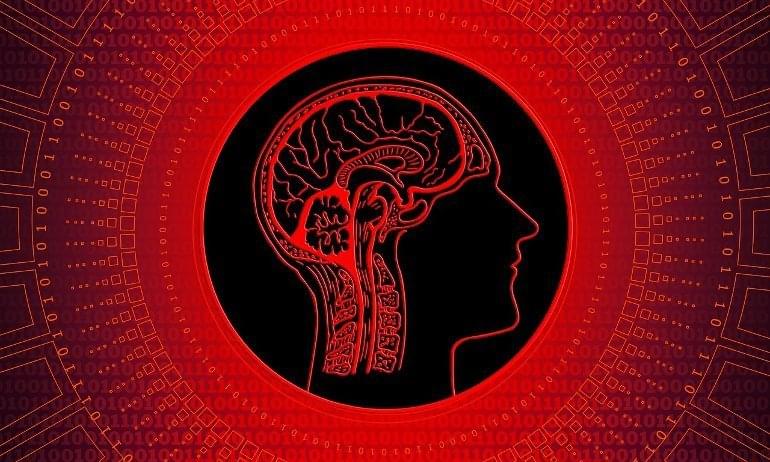Summary: In mice genetically more susceptible to PTSD following a stressful event, researchers found an increased expression of cortisol receptors on neurons in the CA1 region of the dorsal hippocampus. Those increased receptors enabled an elevated expression of the HCN1 protein and TRIP8b, reducing neural excitability.
Source: medical college of georgia at augusta university.
Social avoidance is a common symptom of PTSD, and scientists working to better understand why have laboratory evidence that while stress hormone levels consistently increase in the immediate aftermath of a traumatic event, there can be polar opposite consequences in parts of the brain down the line.

me parece muy buen tema el que ha escrito
muchas felicidades saludos de el paso tx